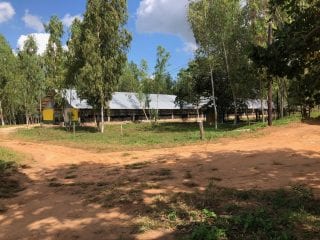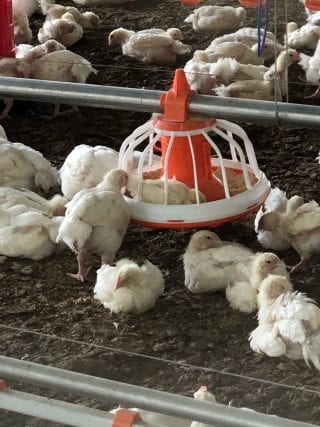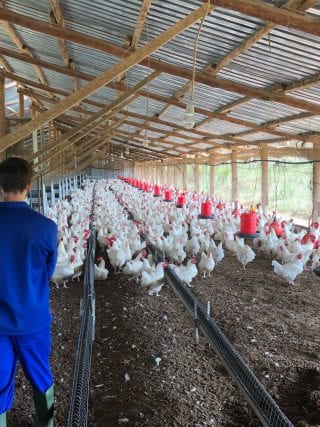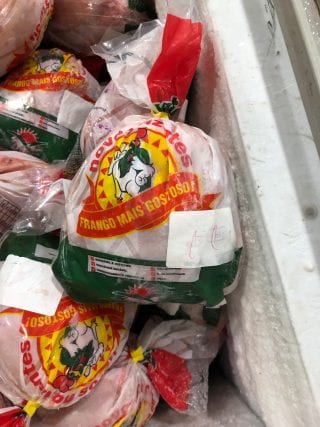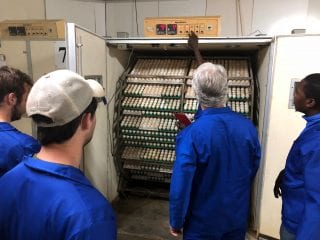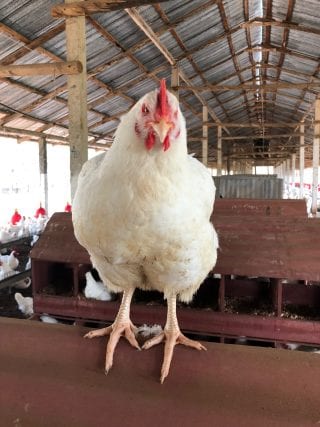Chicken is a universal language. I am sure the people who I went to Mozambique with us over this past summer are tired of hearing that (sorry y’all!), but it is true. I questioned myself going into this trip about what I knew about chickens, and how would what little I did know apply on the other side of the world? I was assured multiple times by professors and past students that had gone on this trip, that what I did know would be helpful and I would likely learn so much more. Well, y’all were right! Even when there were language barriers we understood what was going on around the farm. As a poultry science major it was incredible to see how the things I had learned in the classroom in Fayetteville were being dealt with everyday halfway around the world. The problems they were seeing were all the same ones that we see here in the US. They just had to have different solutions. Sometimes they were more creative, and sometimes we took note of the solution they used to fix whatever was going wrong. One of the best parts for me was the tour through the abattoir. The word abattoir is french for slaughterhouse, which is precisely what the building was. In the abattoir, they took live birds and turned them into whole, ready to cook, frozen chickens. The process is exactly the same as the process you would see in any poultry processing plant in the US with some adjustments made due to the United States’ access to new technologies. It was awesome to see these chickens in every stage of production and then in the freezers on our trip to the local market. As a poultry science student, it was comforting to find that the ways we produce chicken are fundamentally the same in even the most impoverished areas of the world. This trip and Nampula, Mozambique, Africa will always have a piece of my heart for how it opened my eyes to just how big the poultry sector is but at the same time demonstrating just how specialized the industry is.
-Makenly Coles
